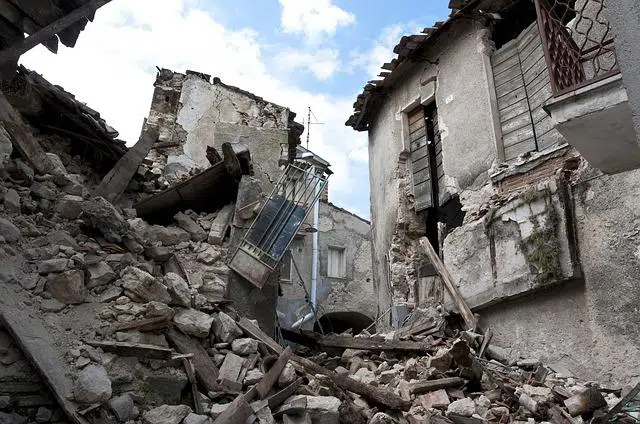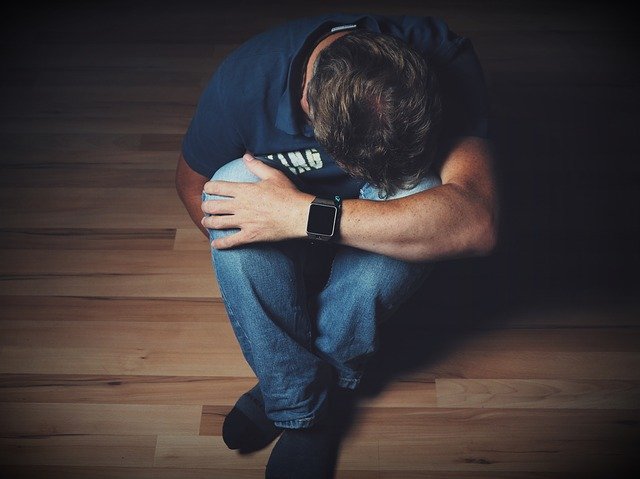
An earthquake can cause buildings and other structures to collapse.
The Latin term collābi , which can be translated as "fall" , derived from collapsus . This word came into our language as collapse : the collapse , collapse or devastation of something.
For example: "The government promised to provide financial aid to prevent the collapse of the pharmaceutical sector" , "The collapse of the stock market left thousands of people in ruin " , "The defeat in the final marked the beginning of the club's collapse". » .
The idea of collapse is used in various contexts. When a building is said to collapse, it refers to the destruction of its structure for some reason. The collapse of a building may be due to an earthquake, an attack, a fire or another cause.
Collapse as crisis
A social collapse occurs when a culture loses its most important characteristics or values permanently or temporarily. This implies the malfunctioning or disappearance of its main institutions, a situation that causes social damage.
In a similar sense, an economic collapse is associated with a crisis of major proportions. Collapses of this type include the paralysis of economic activity, the growth of unemployment and the increase in public debt.
The term in medicine and linked to temperature
In the field of medicine , the situation that occurs when the body's tissues do not receive oxygenated blood due to a problem in the circulatory system is called circulatory collapse or cardiovascular collapse . That is why they cannot satisfy their biological needs.
A thermal collapse , meanwhile, occurs when a material breaks due to an abrupt change in temperature . This can occur when a glass jar that is very hot is placed on a cold surface, for example.

An excessive level of stress can lead to a nervous breakdown.
Nervous breakdown
Almost all human beings go through moments of anxiety and stress in daily life, sometimes with peaks in which our health is affected. This is what some call a nervous breakdown , and it is a form of anxiety disorder, so it should not be taken lightly.
When we go through a situation that causes us extreme stress , such as the death of a loved one or a trauma, nervous breakdown sees its opportunity to take over our system. Some people, on the other hand, experience it as a result of a slow and gradual accumulation of stress, due to the obligations and demands of modern life.
Although specialists usually recommend that we avoid excessive pressures , the truth is that the work and student reality of the 21st century makes it very difficult to stay away from them. This does not mean that we should not try to live in peace, but it is also important to recognize the signs of nervous breakdown to know if we are going through it and, therefore, we need to ask for professional help or drastically change our lives.
Signs of this disorder
Isolation is one of the first signs of this disorder; It can manifest itself through an abnormal lack of interest in spending time with our loved ones, and even a gradual disconnection from the activities we like most.
This search for solitude is neither voluntary nor beneficial. Another sign is difficulty concentrating on tasks, which means that we begin to waste time on activities that we may have despised before. All this brings a feeling of helplessness, fear and anger , which blocks us and puts us in a bad mood .
Similar to isolation, nervous breakdown sometimes leads us to feel like we can't relate to ourselves, that we're not getting through our own life, and this is called emotional detachment . In the worst cases, suicide attempts through physical harm or substance abuse may occur.
